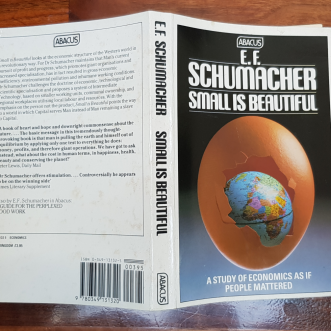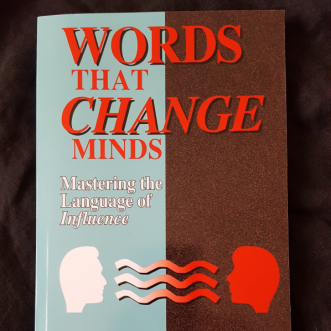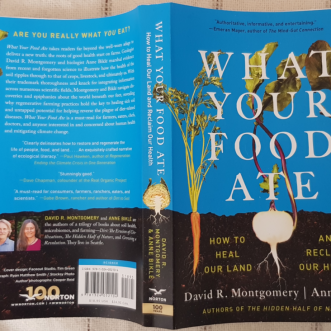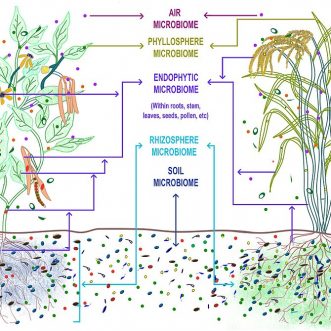
Plats du jour
I’m hungry, and I want lunch delivered to me at home, I can choose from at least a dozen food delivery apps, each of whom will offer me dozens of local take-aways, each of whom will offer me dozens of menu items, plus additional special menu combinations. Or I go out to my regular restaurant, which will offer me dozens of menu items, plus additional special menu combinations.
How do I choose?
I’m looking for curtain rails, and I need them soon. I can choose from several brands online, through dozens of suppliers on Amazon, e-bay, big-box retailers and individual shops. Most brands and several suppliers are in all of these places.
How do I choose?
My bet is that most often, people choose what’s familiar, the dish they had for lunch yesterday, or the same day last week. The brand they’ve heard of, or the retailer they recognise. Or the cheapest.
Because selecting what is really going to be right for me, right now, among so many choices is exhausting.
There are reasons small restaurants thrive in the centre of Paris. One is that they serve a working population who still value a proper lunch break. The other is that they don’t waste their customers’ valuable time making them choose what to eat. There are only two options on the menu.
If you aren’t well known yet, and you’re not the cheapest, but you know you might be just what the people you seek to serve need, right now, don’t make them work too hard.
Fewer options makes it easier for them to try something new.
Your Discipline makes their Daring possible.










